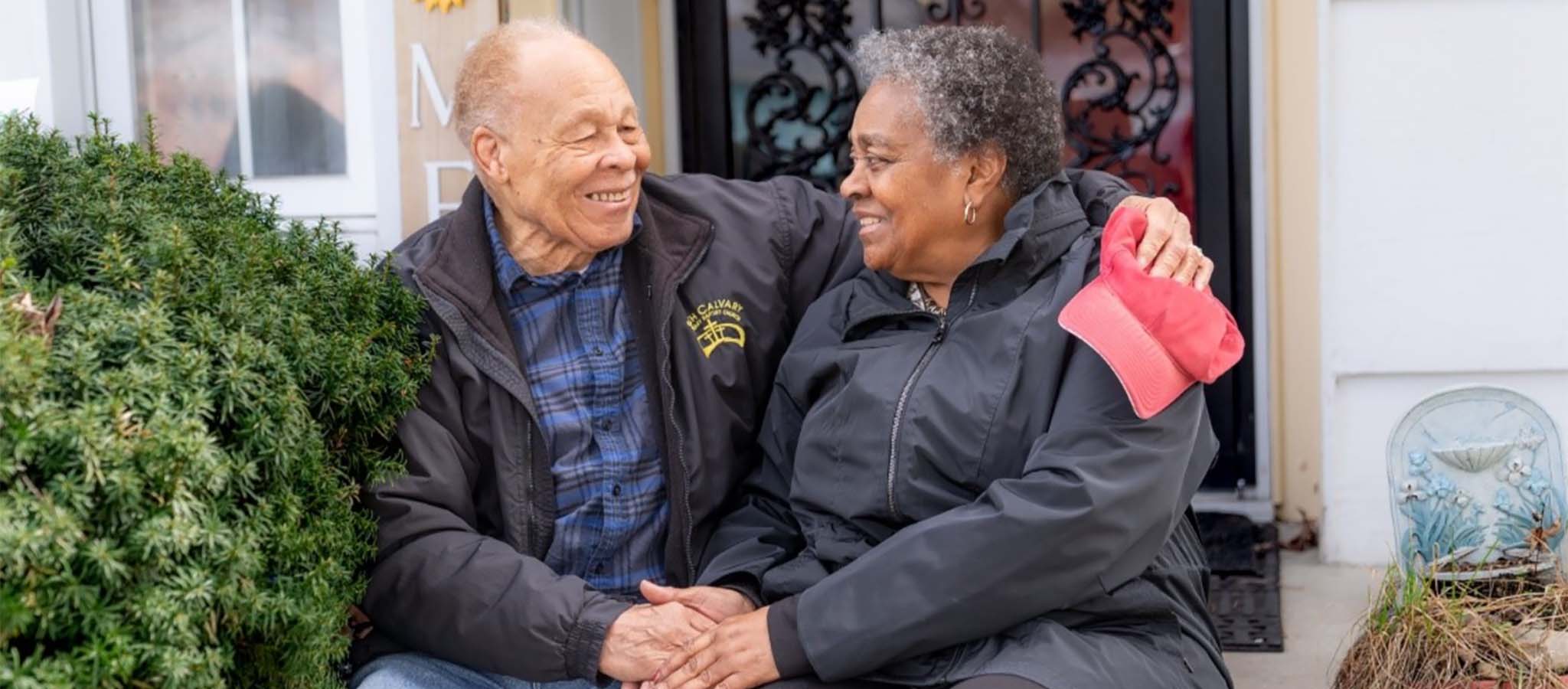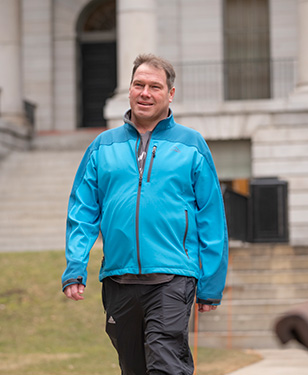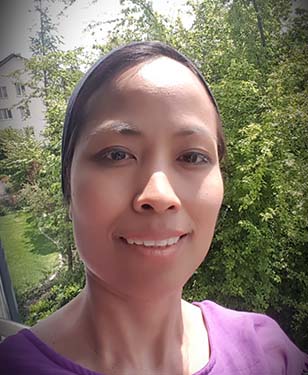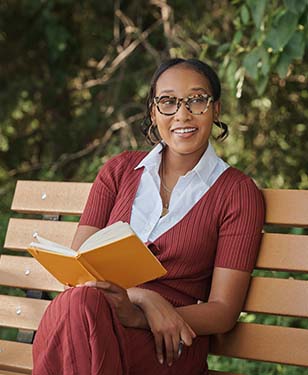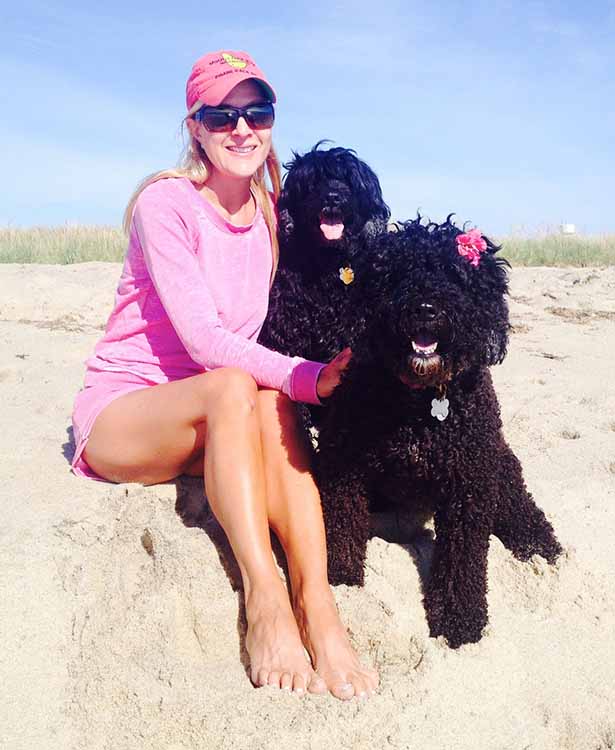Normajo and Cleo
Highschool sweethearts, Normajo and Cleo were born and raised in Mississippi and happily attended college in Indiana together, where they now still live. They were avid travelers and enjoyed many adventures together, with Normajo fondly recalling time spent sailing on the water as her favorite.
Ten years ago, with Cleo newly retired, Normajo began to notice that Cleo’s memory was not as sharp as it once was. She doubted her instincts at first but went so far as to write down things she specifically told Cleo in conversation, only to confirm that he did not recall. Their lives were about to change dramatically.
In it together
Normajo intended to work through what came next side by side with Cleo and quickly scheduled a doctor’s appointment. To her great surprise, doctors told her that Cleo had already gone through a series of tests and evaluations months before and had diagnosed Cleo with Alzheimer’s disease. Normajo was at a further disadvantage, since Cleo did not share the paperwork that would allow doctors to share his medical information with her.
The signs were there
Doctors were able to tell Normajo that Cleo had been told of his Alzheimer’s diagnosis months before and they had already commenced a treatment plan. Suddenly, decisions like Cleo’s relatively abrupt retirement from work started to make sense.
“I should have known something was wrong. When Cleo retired, he did it so quickly, and he loved his job. It didn’t make sense at the time.”
Normajo is not alone in mistaking the early signs of Alzheimer’s for the normal effects of aging, as subtle symptoms can often be unrecognized signs for mild cognitive impairment. It is often hard to distinguish the difference, and it can be a complex and emotionally charged situation that millions of people face every day.
Alzheimer's disease is a progressive neurological illness that impairs thinking and the independence of those affected. Worldwide, dementia affects 55 million people, with 60-70% of cases being Alzheimer’s disease.1
Not alone
At first, Normajo tried to support Cleo by herself. "I gave up everything, all my social activities, everything, when I found out about Cleo.” But taking on caregiving responsibilities on top of household tasks that used to be Cleo’s proved to be too much to handle alone. Normajo gratefully turned to her family, church and various community support groups. Once she got the support she needed and the answers to her many questions, Normajo became a proponent for caregivers seeking the help they need.
Normajo is truly not alone, as there are 11 million unpaid caregivers in the US who help those with Alzheimer's or other types of dementia.2
Hear more of Normajo and Cleo’s story below.
